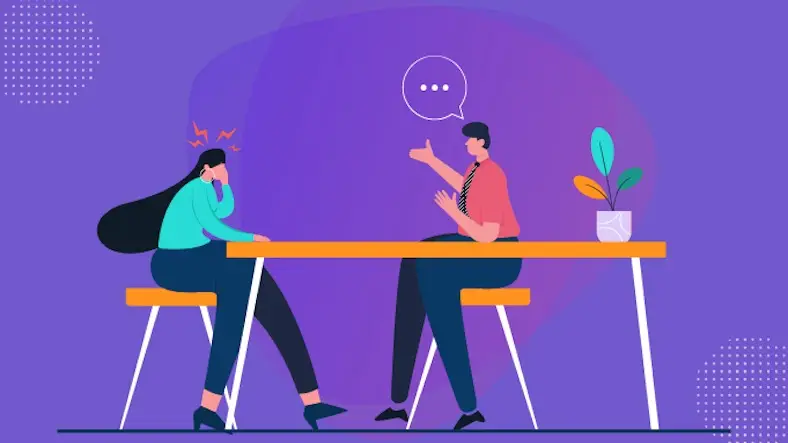Confidentiality is a fundamental aspect of the counseling process and it ensures that any information shared between a client and counselor is kept private and secure. Confidentiality is crucial for building trust between the client and counselor and creating a safe, non-judgmental environment for the client to explore their thoughts and feelings.
In general, confidentiality works as follows:
- Legal and Ethical Obligations: Counselors have a legal and ethical obligation to protect the privacy and confidentiality of their clients. This means that they must keep all information shared in counseling sessions confidential, except in certain circumstances.
- Limits to Confidentiality: While confidentiality is important, there are some limits to confidentiality that counselors must follow. For example, if a client poses a threat to themselves or others, the counselor may need to break confidentiality to protect their safety. Similarly, if a client discloses abuse or neglect of a child, elderly person, or disabled person, the counselor may be required by law to report it to the appropriate authorities.
- Informed Consent: Before beginning counseling, the counselor will typically explain their confidentiality policies and procedures to the client and obtain their informed consent. This means that the client understands and agrees to the limitations of confidentiality and how their information will be protected.
- Record-Keeping: Counselors must keep accurate and up-to-date records of their sessions with clients, but they must keep these records secure and confidential. They should only share these records with others as required by law or with the client's explicit consent.
- Professional Standards: Counselors are held to strict professional standards regarding confidentiality and any breach of confidentiality can result in disciplinary action or legal consequences.
In summary, confidentiality in counseling means that any information shared between a client and counselor is kept private and secure, except in certain circumstances. Counselors are legally and ethically obligated to protect their clients' privacy and confidentiality and must follow strict professional standards regarding the handling of client information.
Thanks for reading the article, for more lifestyle related articles read our peoples blog articles.















